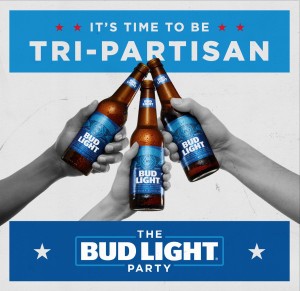Meditations on The Washeteria
Photos by Jessica Wiggins
How do you wash your clothes? Depending on your income or social circle, you probably either wash them at home, or you do your laundry chores at a washeteria. The word “washeteria” is a Texan word combining words “wash” and “cafeteria.” If you’re unfamiliar with washeterias, let me enlighten you to the beauty and life lessons offered at the coin-laundry establishment — places of humanity’s most fresh and stank underwear.
Washeterias allow humans to coexist without filters. A friend of mine is the perfect human. Her Instagram is disgustingly creative, she makes her own clothes, has a great job, and her apartment is so well designed I puke a little when I walk in. I went to wash clothes with her one day at a washeteria off Main Street and noticed a pair of stained lavender panties resting gently on the folding table for all to see. I happily took a photo of the unsuspecting underwear and went over to my friend to show her my photographic masterpiece. She looked at me wide-eyed and then briskly walked over to the folding table and rushed back with the panties to hide them in her laundry bag. The stained cotton pantie, the masterpiece, was hers.
In that moment I realized I had forgotten that everyone has shit-stained undies — or something-stained somethings. The washeteria consistently reminds us of this. People put bleach in the washer, litter on the floor, and leave unspeakable residues in unexplainable places, but somehow we all leave with clean clothes. We’ve decided humanity is alright in washeterias, that things may not be perfect, but we’re going to sit ourselves down on the hard plastic chairs and just be there for awhile.
The washeteria exists to give you time to explore and be present, and Houston’s establishments are quite accommodating. A washeteria in Chinatown can loosen you up in a massage chair, or entertain you with arcade games and questionable bulletin board posts, while a washeteria in Montrose can brighten up your life with neon lights, community art, and strangely attractive young people. If you don’t like people, have no fear. No one actually expects you to talk to them. I actually prefer washeterias in Northwest Houston where no one speaks English.
Take your time to absorb your surroundings in the washeteria. Observe the different species of washing and drying technologies: the stoic stainless-steel Dexter, the seasoned white Speed Queen, and the prehistoric off-white Greenwald whose gaping black void might suck you up and spit you out somewhere out in the ether. Listen to the jingling of quarters, swish swashing of soapsuds, and people talking nearby. This is what it’s like to coexist, to share.
There aren’t many places nowadays where people can go to cooperate with their neighbors. Besides the trendy bars and coffee shops, the washeteria doesn’t discriminate. At the washeteria you are just as good as anyone else with a pocketful of quarters and the true makeup of our communities is allowed to show itself. At the washeteria we can learn to appreciate our surroundings or simply take things as they are. In socially and politically turbulent times like these, we ought to slow down for a second and wash our clothes together. Who knows what we will learn, who knows what we will smell, and who knows who actually has the stankiest undies in the neighborhood. I think if we can learn to get along in washeterias and practice coexisting with each other, we Americans might turn out alright.













